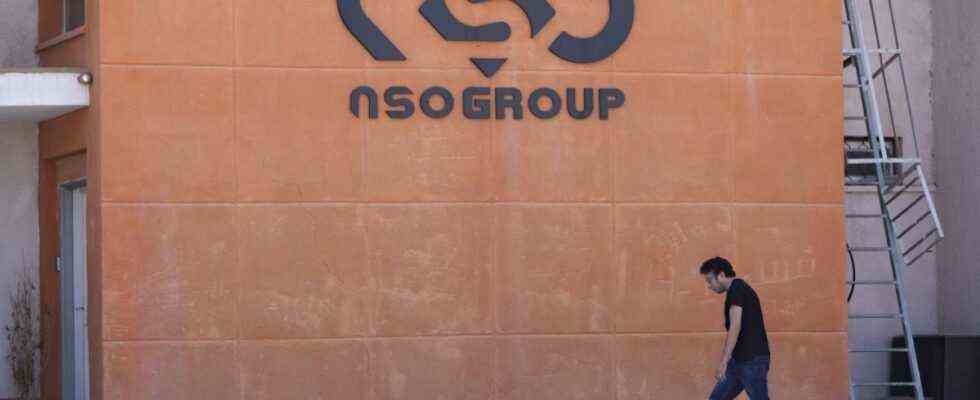The US has put the Israeli developer company of the espionage software Pegasus on a sanctions list. The company is therefore subject to trade restrictions with American companies. The Trojan horse developed and distributed by the NSO Group, with which mobile phones can be spied on without gaps and unnoticed, was the focus of the Pegasus project revelations from a cooperation between international media.
The research that was carried out by Germany in addition to the Süddeutsche Zeitung also NDR, WDR and the Time involved, brought to light the misuse of the software originally intended for security purposes. With the help of Pegasus, hundreds of human rights activists, journalists and lawyers on five continents were selected as targets for the powerful spyware. Numerous politicians were also targeted, including former presidents, prime ministers and heads of state.
Now the US Department of Commerce has announced that there is evidence regarding the NSO Group and another Israeli company, the software company Candiru, that these companies “developed and supplied spy software to foreign governments that use these tools for malicious surveillance of government officials, journalists, Business people, activists, academics and embassy workers have used “.
The NSO Group was “dismayed” by this decision, said a company spokesman. NSO technologies supported “national security interests and US policies,” it said, “by preventing terrorism and crime.” The company will therefore work to ensure that this decision is reversed.
A total of four companies were on the list because their activities “run counter to the national security or foreign policy interests of the United States,” as the press release said. Positive Technologies (Russia) and Computer Security Initiative Consultancy (Singapore) traded in cyber tools “which are used to gain unauthorized access to information systems and thereby threaten the privacy and security of individuals and organizations worldwide”.
The Pegasus project caused a stir around the world because many of the people defined as the target of spying only found out through research that their cell phones could have been infiltrated. The traces of Pegasus could then be detected on dozens of cell phones. The Paris-based non-profit editor Forbidden Stories and the human rights organization Amnesty International had access to lists of around 50,000 telephone numbers and shared them with the media from ten countries.
The list also included a number from French President Emanuel Macron as one of a total of 14 heads of state and government who could have been the target of espionage attacks. The Elysee Palace spoke of serious allegations at the time, Macron convened the Council for National Security and confronted Israeli Prime Minister Naftali Bennett personally on the phone. Morocco, suspected of being the instigator of the attacks against the French government, vehemently denies such an accusation.
The Yemeni Prime Minister Ahmed Obeid bin Daghr, Saad Hariri from Lebanon, Ruhakana Rugunda from Uganda, the Algerian Prime Minister Noureddine Bedoui, Mustafa Madbuli from Egypt, Prime Minister Saad-Eddine El Othmani from Morocco and Imran Khan, the Prime Minister of Pakistan, were also affected.
In Germany, the Federal Criminal Police Office and the Federal Intelligence Service have now admitted that they have Pegasus.
Export restrictions apply to trade in US goods with regard to companies on the so-called “Entity List”. The US uses it to sanction companies whose activities run counter to US national security or its foreign policy interests. According to the US Department of Commerce, companies could still do business with companies that are on that list. However, it points out that “transactions of any kind with listed companies carry a red flag” and recommends US companies “to proceed with caution in such transactions”.

